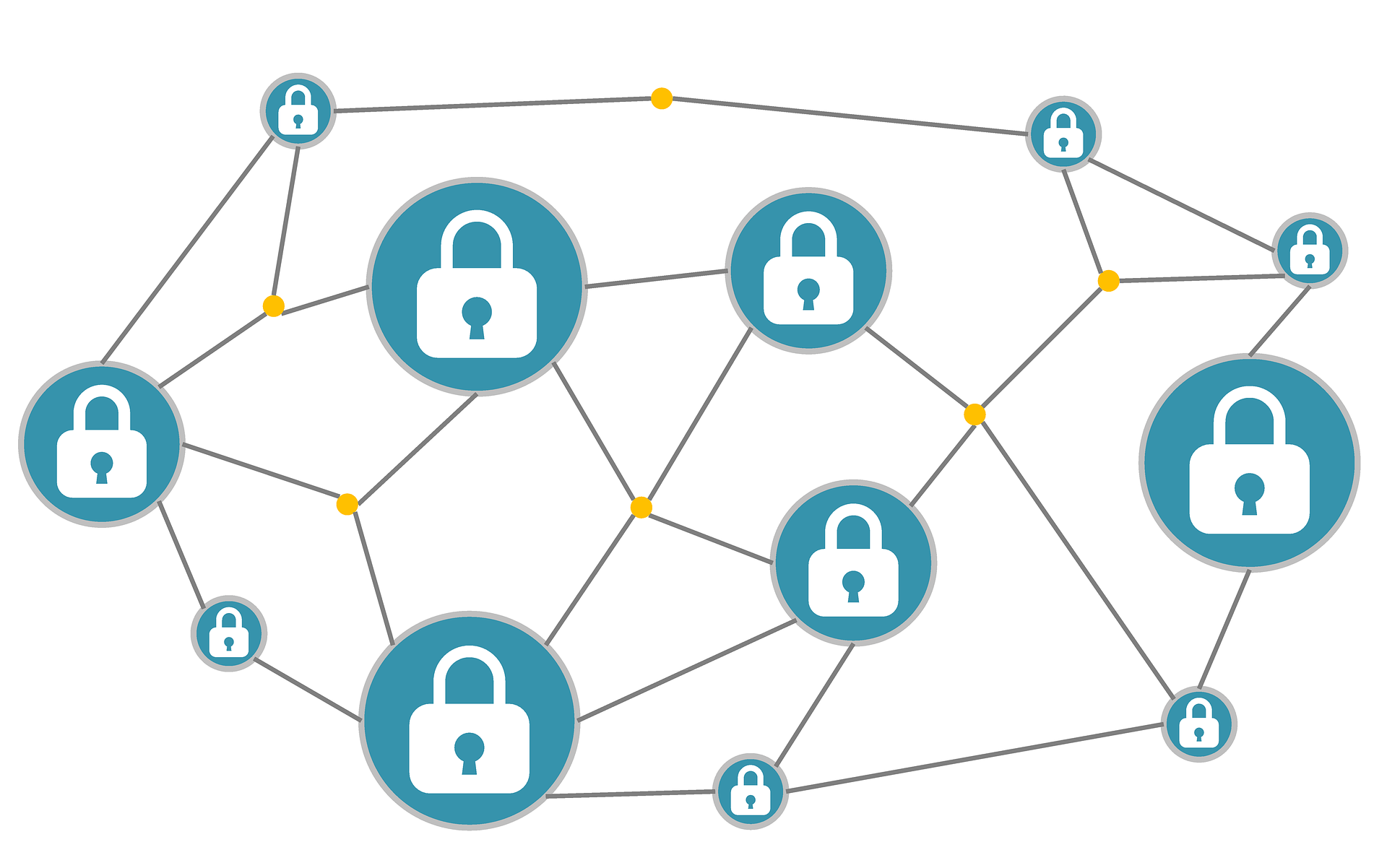When we mention Bitcoin, the next thought jumps to Blockchain. They are definitely not the same. Bitcoin uses Blockchain technology to process its currency. It was the first (hence the most popular) permanent decentralized, global trustless ledger of records.
Since its explosion on the market, the use of Blockchain technology has fueled many imaginations, wondering what industry can be disrupted putting the full power of cryptography of transactions in individuals’ hands. While many suggestions and ideas have been put forward, the scope of Blockchain technologies are more focused on inefficient areas of existing industry where centralized trusted intermediaries are in place to record, validate and reconcile transactions, all the while not adding any value to the transaction itself.
Let’s look now at a few major use cases for Blockchain technology:
Energy Market
Controlled by a few major corporations, Blockchain technology would enable smart metering of an individual’s electricity generated at home (solar panels) to be recorded, traded and settled on a distributed ledger. This allows the individual to be both a producer and consumer of energy and will break the market from “set” energy market prices to reflect market demand instead by not having to rely solely on a centralized grid.
Healthcare
Patient privacy of information is very important and as such, current technology has ‘siloed’ many separate hospitals, doctors, etc. systems across the healthcare industry. Using Blockchain technology in the case allows for conditional access across the board for stakeholders to obtain one single source of fact as each record interaction is time stamped in the audit trail. Patient data is more secure and accurate. The patient may even monetize their information for research purposes.
Digital Identity
The fact that Blockchain technology is decentralized is its greatest deterrent to hackers and exposure to any targets of weakness. This is a major benefit to digital identity management. A core self-sovereign ID would be used to verify your identity, rather than having to produce multiple documents to verify your credibility of identity. A single key matched to an immutable ledger would attest to who you are. Additional information would also be available to you such as health records, social security information, social media credentials etc. This is especially helpful as an example, for refugees, who would receive a digital ID to access banking and other social services quicker.
Supply Chain Management
Many firms face the one major hurdle in their supply chain, transparency. Blockchain technology would allow multiple parties to access a database that acts as the single point of truth. Blockchains would allow all touchpoints in the movement of the product to be documented in real time. Counterfeits and thefts are lowered, regulatory compliance is increased. Paperwork and general costs are lessened significantly. As a consumer, you would have the power to verify your products authenticity.
Asset Tokenization
Currently the largest use case potential in terms of financial services application is the use of Blockchain technology to convert previous assets know as illiquid (venture capital, private equity, commercial real estate and art for example) into a tokenized asset that can be traded, sold, settled and fractionalized, without the use of any clearing houses. Small business owners, entrepreneurs, residential real estate owners would benefit from unlocking illiquid assets. Retail investors can take advantage now where only institutional investors were only allowed. It is estimated that this market value of illiquid assets, including gold, real estate and more is upwards of $11 trillion.
Blockchain technology is the key to disruption across many industries, activities and sectors. Everything from accessible data intelligence, predictive capabilities or even better educational tools, the immense potential uses for Blockchain-based services is set to open up transparency of archaic centralized holding of information to give better control to a larger economic community.


